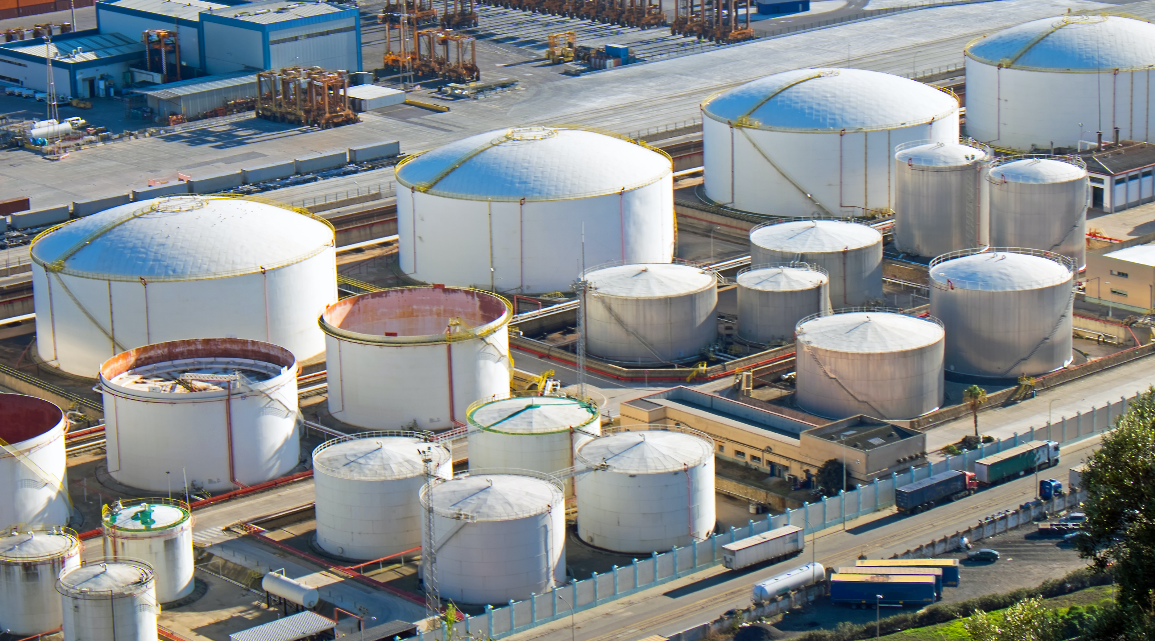In recent weeks, the EU has multiplied agreements aimed at securing African gas supplies. A maneuver that jeopardizes strategies to limit global warming and its impact on food insecurity.
Several Africa-based NGOs expressed in a statement in Abuja last week their concerns over the European Union’s (EU) energy strategy to replace some of its supplies from Russia with African gas. A policy considered dangerous, in that it risks hindering the achievement of global climate objectives while reinforcing the already very serious food crisis in Africa.
“It is unwise for the European Union to ask for access to more gas resources in Africa to fuel its addiction to fossil fuels,” said Landry Ninteretse, a member of the Africa chapter of the American NGO 350.Org.
Already before the crisis in Ukraine, the strong demand resulting from the post-Covid economic recovery was putting a lot of pressure on global supply chains. The supply of food and miscellaneous products was struggling to keep up with demand, due to the high costs of logistics and sea freight.
Several harvest disruptions had also been recorded due to poor weather conditions, which put strong pressure on food prices.
The situation worsened with the start of the crisis in Ukraine, which saw wheat and diesel prices soar, as diesel was used to mechanize agriculture in several parts of the continent.
For the director of Health of Mother Earth Foundation and Oilwatch Africa, Dr. Nnimmo Bassey, “it is time that renewable energies are at the heart of global energy policies. Ukraine is not only a wake-up call, it is a revelation in the heart of Europe. Instead, the continent, like a drug addict, is turning to Africa in what is simply a reckless, obstinate, blind and colonial quest for profit at the expense of the peoples of Africa, the continent and the entire planet.
An opinion shared by activist Nick Bryer who indicated that the implementation of such a policy is contrary to the global objectives aimed at limiting the emission of greenhouse gases, via massive investments in renewable energies.
For Collin Rees, director of the NGO Oil Change International, the EU should work to promote the large-scale use of clean and renewable energies not only on the Old Continent, but also throughout the world. An opportunity for it to play a leading role in the global ecosystem aimed at addressing the global climate and energy emergency.
“Any other attitude will be considered a deliberate climate and ecological crime,” hammered Nnimmo Bassey.




















Réagissez à cet article